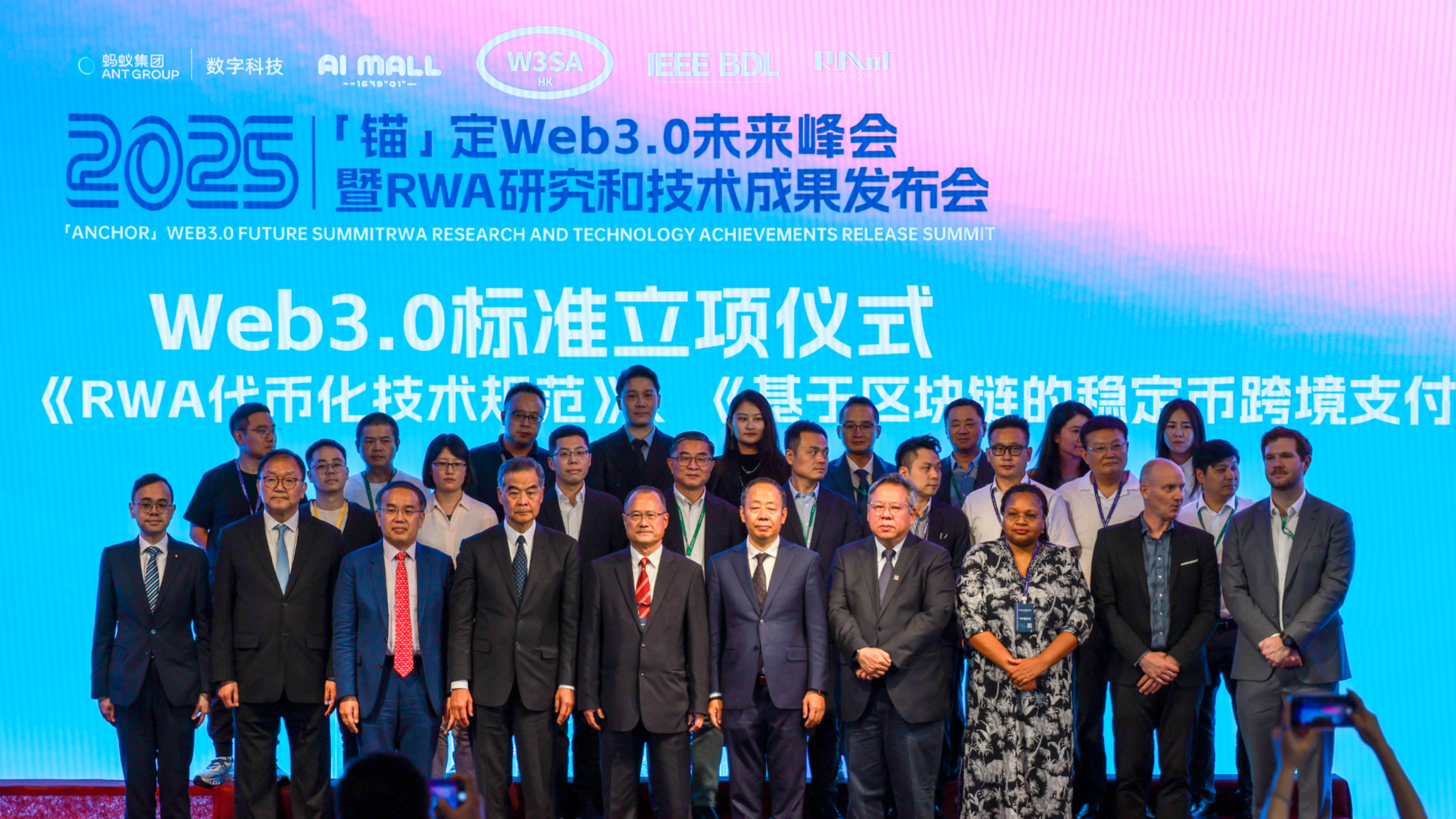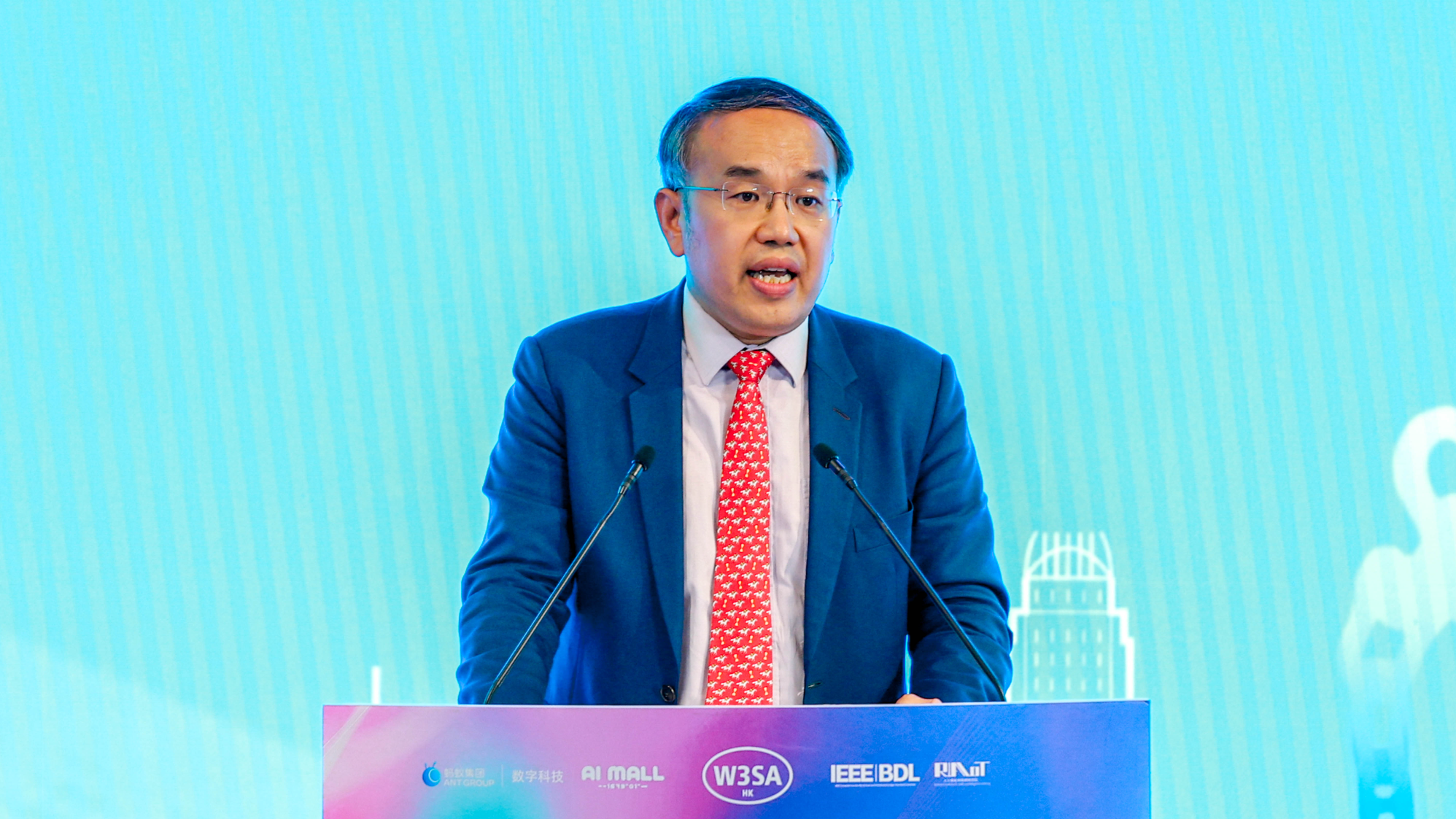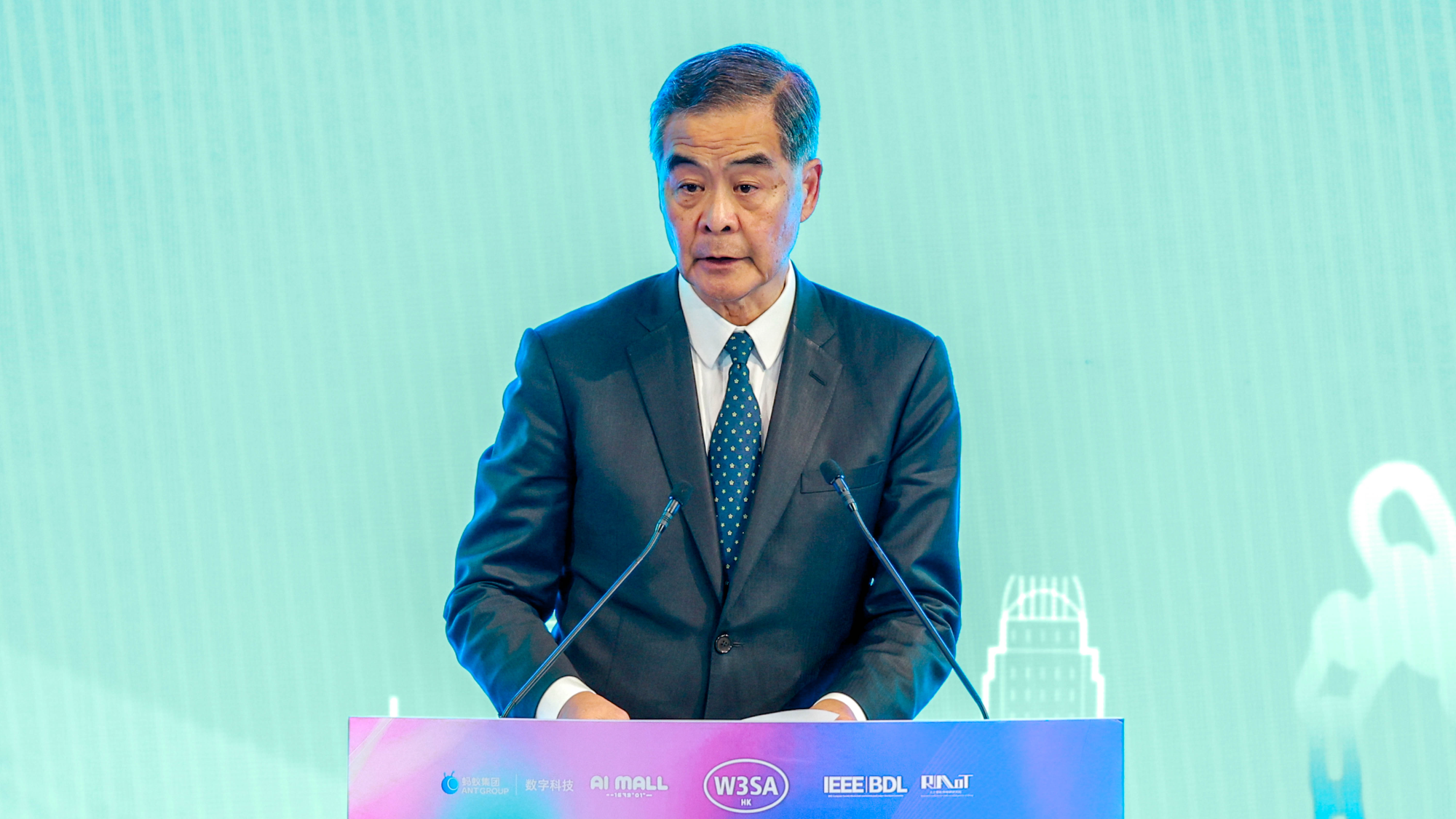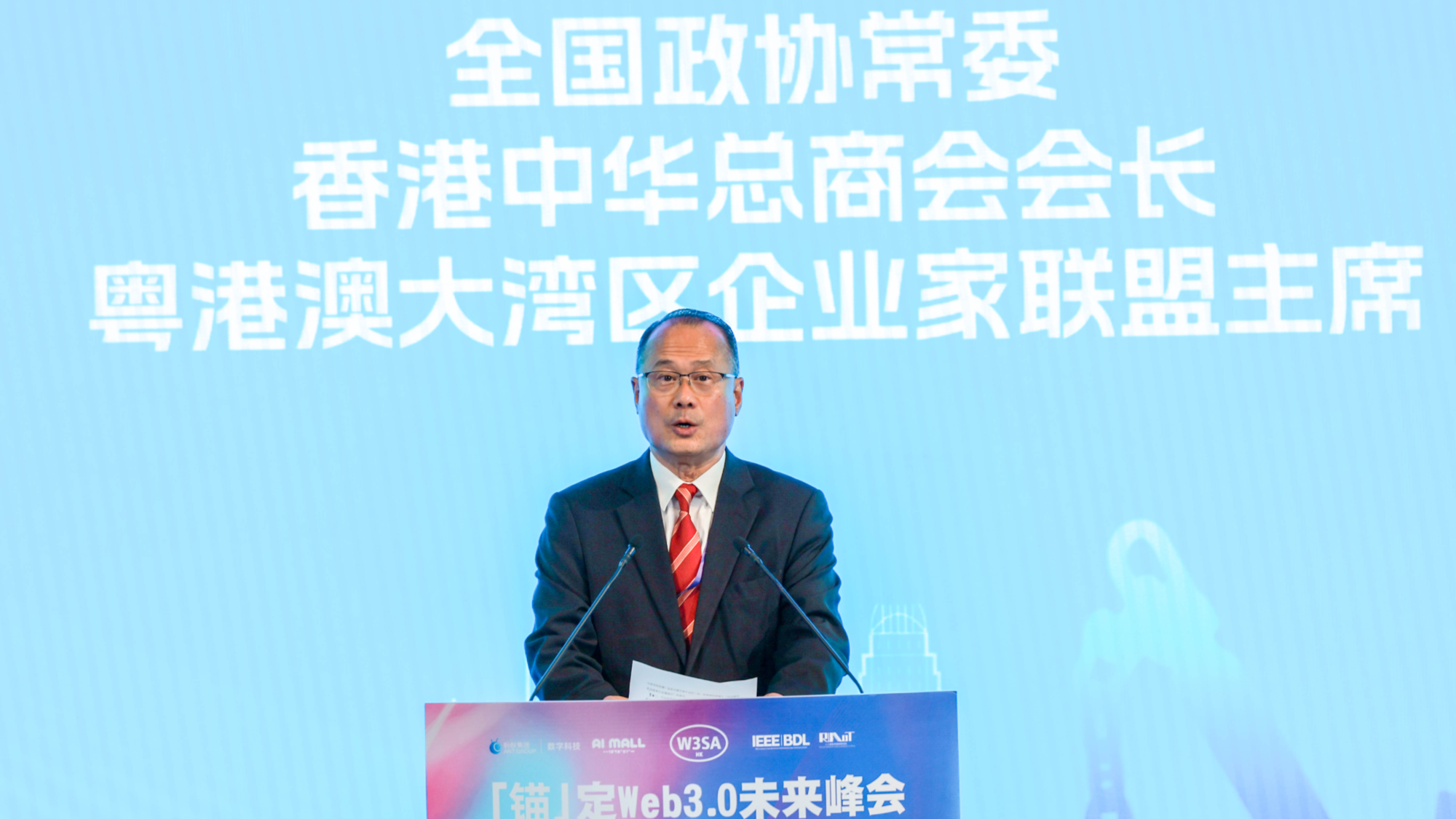
Hong Kong on Thursday launched the world’s first registry platform tailored to the tokenization of real-world assets (RWA) and a research report outlining the sector’s opportunities and challenges, as part of the city’s effort to establish tokenization standards and foster the sustainable and responsible growth of its burgeoning virtual asset industry.
The platform aims to address the complexities associated with converting tangible assets — such as real estate, gold, and equities — into blockchain-based tokens, industry insiders attending the launch ceremony said, noting that an array of challenges, including fragmented regulatory standards and a lack of transparency, still weigh on the RWA sector.
By creating a standardized framework for encoding, categorizing, and evaluating assets, the platform is designed to foster a collaborative global ecosystem, ultimately enhancing liquidity and transparency in tokenized markets.
READ MORE: Hui: Hong Kong’s digital assets grounded in real-world utility
A report unveiled alongside the platform — produced by a coalition of organizations including the Hong Kong Web3.0 Standardization Association and the Hong Kong Polytechnic University (PolyU) — identifies three prerequisites for scaling RWA tokenization, which challenges a widespread narrative that “tokenization can be applied across all asset classes”.
The research also underscores the growing global interest in RWA tokenization. Industry heavyweights such as Citigroup, Standard Chartered, and Ant Group are exploring applications or developing their own blockchain networks to capitalize on this emerging market.

Christopher Hui Ching-yu, secretary for financial services and the treasury, reaffirmed the Hong Kong SAR government’s commitment to expanding tokenized products during the launch event. In addition to the issuance of tokenized government bonds, he said the city plans to explore tokenizing a range of assets, including precious metals, base metals, and renewable energy.
While the global enthusiasm for tokenization presents a wealth of opportunities, it also comes with challenges, Hui said. Hong Kong, he added, is building a comprehensive framework to regulate market entities, such as virtual asset exchanges, stablecoin issuers, and custody services providers.
With the Stablecoins Ordinance having taken effect on August 1, Hong Kong is now working on regulations for over-the-counter virtual asset trading and custody services, with a two-month public consultation set to conclude by the end of the month.

Leung Chun-ying, vice-chairman of the National Committee of the Chinese People’s Political Consultative Conference, said the development of Web3.0 and the digital economy has entered a phase of “historic opportunities”, although tempered by various institutional and technical challenges.
Countries and regions worldwide are racing to establish regulatory and legislative frameworks, Leung said, adding that Hong Kong’s openness and innovation-driven approach has made it a vital hub for Web3.0 development, application exploration, and ecosystem improvement.
READ MORE: Success of HK’s digital asset strategy hinges on execution

Jonathan Choi Koon-shum, chairman of the Chinese General Chamber of Commerce in Hong Kong, agreed, arguing that Hong Kong’s regulatory measures could contribute to the making of global financial rules. He cited the city’s licensing regime for virtual asset trading platforms launched in 2023 as a breakthrough, which has been adopted by several Southeast Asian countries.
Hui said, a recent study estimates that tokenized fund assets under management have exceeded $2 billion globally, with the potential to reach $600 billion by 2030.
Hong Kong has taken steps to stake its claim in this novel development. In May, HSBC launched the city’s first bank-led blockchain settlement service, enabling real-time payments and tokenized deposits for trade finance. Earlier in February, China Asset Management (Hong Kong) debuted Asia-Pacific’s first retail tokenized money market fund, offering investors exposure to Hong Kong dollar-denominated short-term deposits and high-quality money market instruments.
Contact the writer at irisli@chinadailyhk.com


